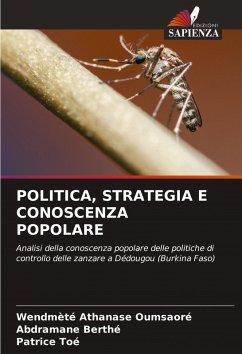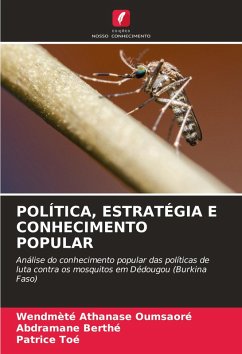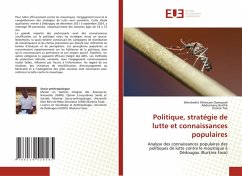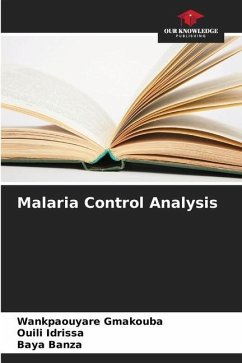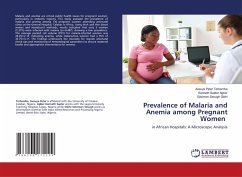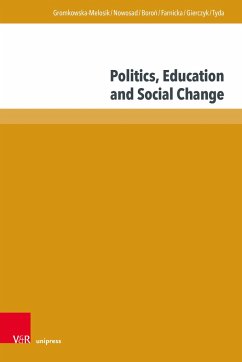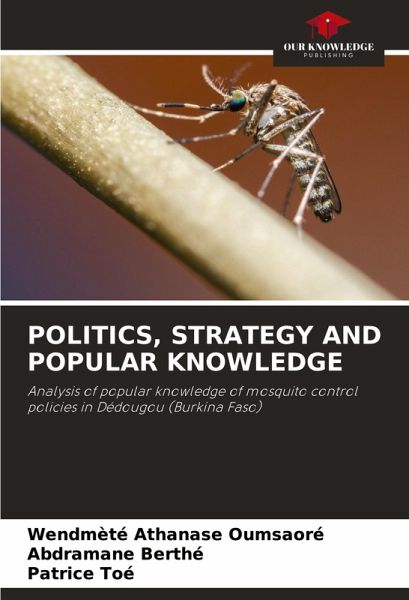
POLITICS, STRATEGY AND POPULAR KNOWLEDGE
Analysis of popular knowledge of mosquito control policies in Dédougou (Burkina Faso)
Versandkostenfrei!
Versandfertig in 6-10 Tagen
40,99 €
inkl. MwSt.

PAYBACK Punkte
20 °P sammeln!
To effectively combat mosquitoes, local commitment and understanding of control strategies are essential. This qualitative study, conducted in Dédougou from December 2021 to September 2024, interviewed 99 people, mostly men aged between 18 and 72.The vast majority of participants had insufficient knowledge of the policy and/or strategies implemented. Nevertheless, almost all of them were aware of the mosquito net distribution and chemoprevention campaigns, which were their frame of reference in terms of analysis and perceptions. Popular perceptions focused mainly on the policy's weaknesses, a...
To effectively combat mosquitoes, local commitment and understanding of control strategies are essential. This qualitative study, conducted in Dédougou from December 2021 to September 2024, interviewed 99 people, mostly men aged between 18 and 72.The vast majority of participants had insufficient knowledge of the policy and/or strategies implemented. Nevertheless, almost all of them were aware of the mosquito net distribution and chemoprevention campaigns, which were their frame of reference in terms of analysis and perceptions. Popular perceptions focused mainly on the policy's weaknesses, although they recognized its relevance and positive impact. However, the other categories considered it to be effective, despite its challenges. The protection methods used varied, but community involvement remained low, influenced by access to information. In view of these results, initiatives to raise awareness, encourage volunteering and self-management of breeding sites are needed to strengthen mosquito control.






